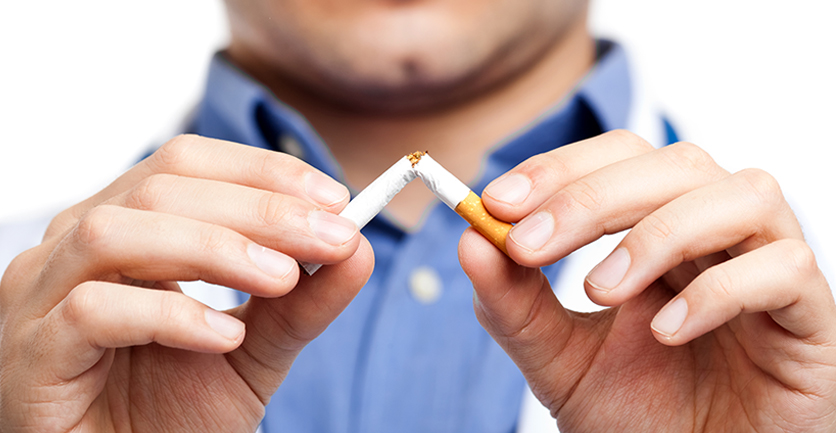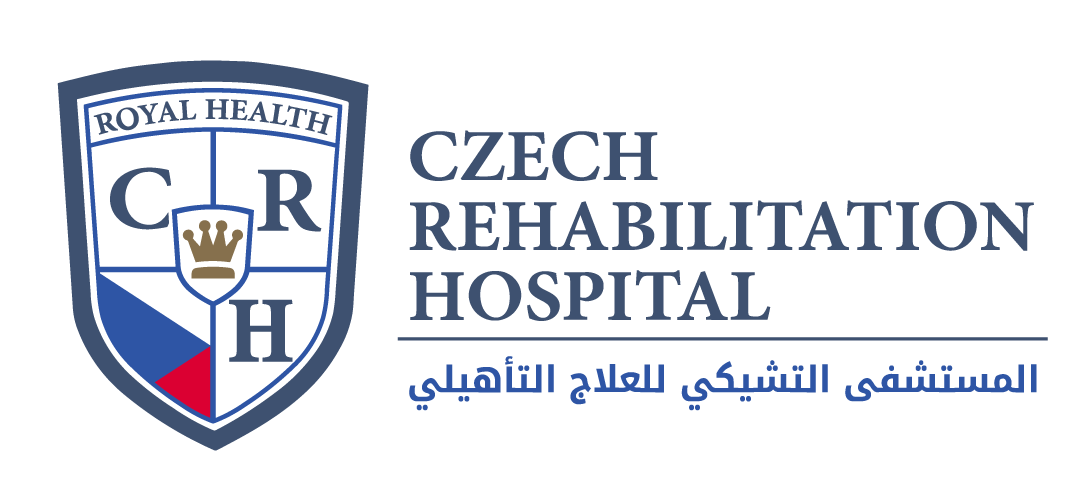
In the hospital, smoking Cessation Program, we provide our clients with help on how to quit smoking. The Smoking Cessation Program assists clients with how to go about taking that first step. A Specialist will work with the client on developing an overall strategy to stop smoking, develop a plan for complete recovery, design and implement a specific daily action plan. Interview techniques are utilized to help clients discover the complexities of their tobacco addiction. An individualized treatment plan may involve medications that are government approved and have medical based evidence to prove their effectiveness in smoking cessation for most eligible individuals.
Every effort will be made to provide a warm and safe environment protecting client confidentiality. Once a client is ready, willing and able to put tobacco down, close monitoring is provided for support. Follow-up is geared towards the individual needs of the client.
Smoking- why should I quit?
You don’t have to convince most people that smoking is bad for their health. The evidence on how smoking is linked to cancer, lung disease and many other diseases cannot be disputed. The same is true for the links between smoking and heart disease and stroke.
Here are the ways smoking affects your heart:
- Nicotine makes your heart beat faster, again making it work harder.
- Nicotine narrows your blood vessels, so less blood and oxygen get through.
- Carbon monoxide from cigarettes makes it harder for your blood to carry oxygen, so your heart has to work harder.
- Nicotine also increases the amount of deposits that build up on the inside walls of your arteries. This increases your blood pressure and can lead to blood clots. High blood pressure and blocked arteries are both risk factors for heart disease and stroke.
Even when we know how smoking affects our health, quitting is not easy. There are many ways that smoking is addictive:
- Physically – your body craves the tar and nicotine in cigarettes.
- Psychologically – smoking makes you feel good, and you depend on this effect.
- Socially – you relate smoking to being with people and enjoying yourself.
- Behaviorally – smoking is a habit you find hard to break.
- Emotionally – smoking helps define who you are.
Do whatever you can to quit smoking. It will be tough at times – but your body will thank you in the end.
Well Worth It
When you succeed in quitting smoking, the rewards start piling up right away. Here are some examples:
- Within a few hours your body starts getting healthier
- After a few days you will be able to do more physical activity and you sense of smell and taste improve
- After one year your odds of having heart disease are cut in half
In general, you will feel stronger and more in control of your life. Your odds of getting many diseases go down the longer you are smoke free.


